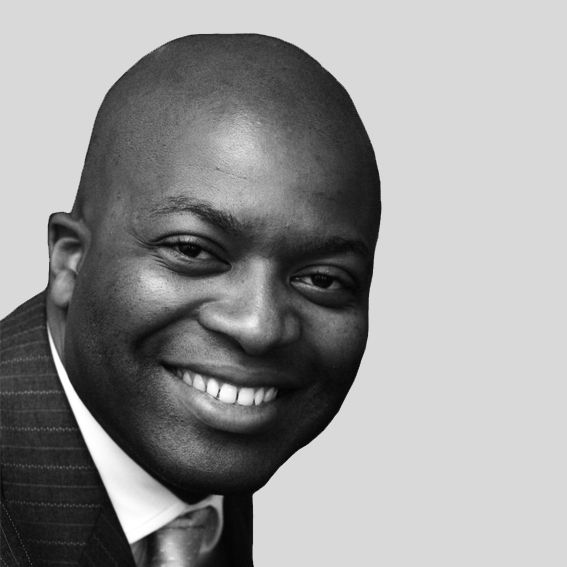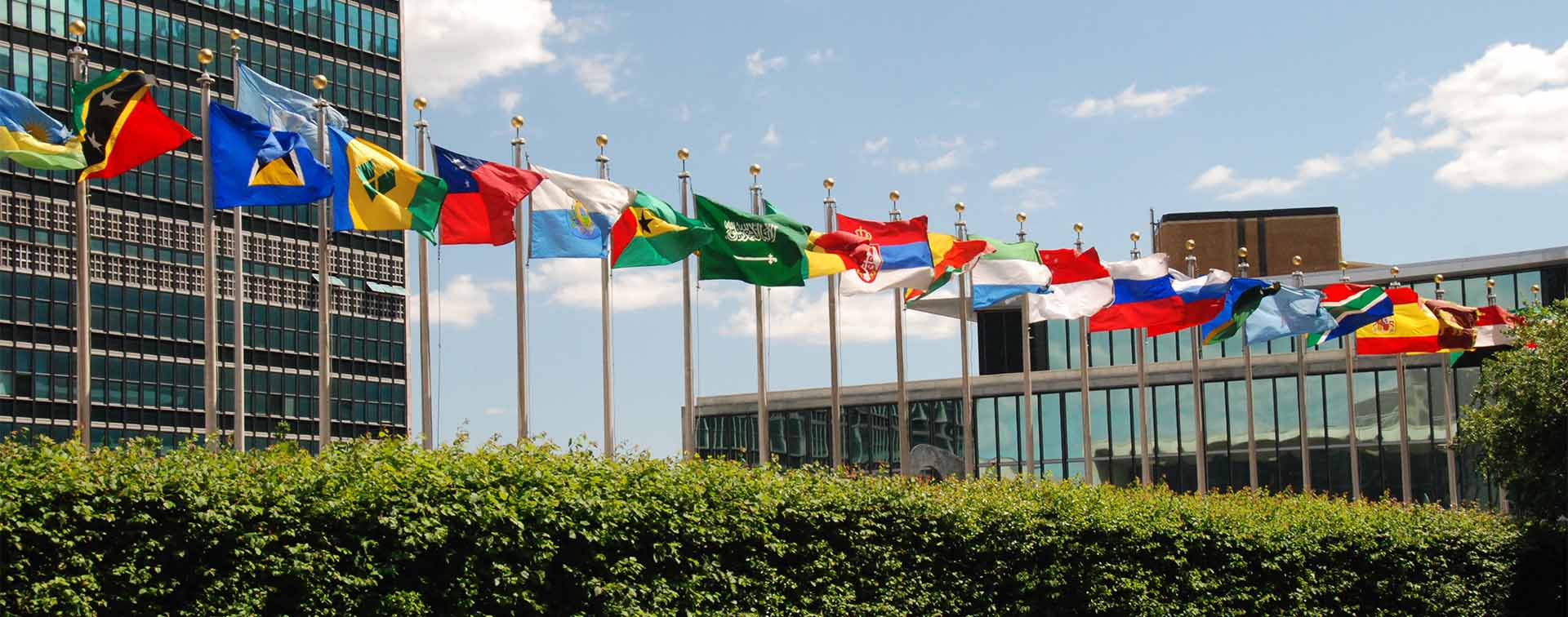
Justice Malala is a best-selling South African author, columnist, talk-show host, and media entrepreneur. In 2023, The Economist magazine said he is “perhaps the country’s most astute political commentator”. He writes regular opinion columns for Bloomberg, the Financial Mail, and TimesLive in SA. He is a political analyst for Lefika Securities.
The year 2024 is turning out to be the year of political transitions in Africa, accompanied by their twin handmaidens of policy uncertainty and market volatility. The certainties of the post-colonial and post-Cold War era are challenged by new geopolitical realities, and a new global political order is emerging. African voices are being elevated in global decision-making bodies, progress is being made in building stronger institutions of democracy, and some economies are experiencing phenomenal growth, but setbacks are inevitable. Nothing illustrates this dynamic quite as starkly as the conduct and outcomes of the first two elections held on the continent this year. Twenty elections, involving 37% of the population, are on the calendar for the rest of 2024.
In Comoros, the president’s win by 63% of votes cast was reversed by the Supreme Court in January. The court said he had only garnered 57%. Suspicious opposition party supporters rioted, claiming the court’s decision showed that the entire election was fraudulent. Calm was later restored, and the result accepted. Democracy had prevailed, but it was a messy path.

In Senegal, the president unilaterally decided to postpone elections, which had been scheduled for 25 February, by almost a year to December 2024. Protests flared. Pressure was brought to bear by the top constitutional court and a free election was finally held in March. Opposition candidate Bassirou Diomaye Faye — who just a week before elections was in police detention for criticizing the government — won more than 54% of the vote and became, at age 44, Africa’s youngest president.
In both countries, it was the courts and the people on the streets who put a stop to any attempts at chicanery. In many jurisdictions across the continent, democratic institutions are strengthening and becoming entrenched as the voice of the people is strengthening. This journey will continue, but it is slow and may be marred by setbacks as witnessed in Comoros and Senegal.
Africa will register victories on its campaign to gain a bigger voice in global affairs, many countries will renew and strengthen their democracies through elections, but at the same time, the continent will continue to suffer the resurgence of coups d’etat in the ‘coup belt’ of West and Central Africa and the Sahel. Seven countries have experienced coups in the region in the past three years, and many remain fragile and volatile.
In terms of the swathe of elections taking place this year, the most significant will be in South Africa and Ghana’s. After 30 years in power in South Africa, the iconic ANC must defend itself against numerous corruption scandals, a near-collapsed power grid, a looming water and infrastructure crisis, one of the worst unemployment rates in the world, and an unprecedented number of new opposition parties including one started by its popular but scandal-plagued former president Jacob Zuma. Various opinion polls point to the ANC losing its 30-year parliamentary majority, meaning that a new era of coalition politics begins in Africa’s most complex economy.
Ghana faces sizable problems. It had to take an emergency USD 3 billion IMF bailout due to a post-Covid financial squeeze that saw inflation skyrocket. The country is in the heart of the coup belt and faces the real threat of violence spilling over its borders from neighbouring Burkina Faso and other unstable neighbours. Ghana has, however, a strong culture of changing governments peacefully. With President Nana Akufo-Addo stepping down after the December election, analysts expect the opposition National Democratic Congress led by John Mahama, Ghana’s president from 2012 to 2017, to win against Vice President Dr. Mahamudu Bawumia.
Ghana’s internal issues are solvable, but it is in a bad neighbourhood. To the north lies Burkina Faso, Mali, Guinea, and Guinea-Bissau. These countries have experienced coups in the past three years. To Ghana’s southeast lies Niger, Nigeria, and Cameroon. Nigeria’s army had to deny rumours of a coup in February, Niger is under military dictatorship, and Cameroon — run by Paul Biya for 42 years — is expected to suffer a coup this year. Which country is next, and what are African Union leaders to do to prevent such an eventuality?
There is good news, though. As Russia, China, the USA, and the European Union jostle for favor on the continent, African leaders have become more emboldened and are set to continue to demand that the continent is reserved a seat at most global decision-making tables. This will come with closer relationships between continental leaders and other ‘middle powers’ such as India, Türkiye, Argentina, Saudi Arabia, and others. We have seen these developments as Ethiopia joined the BRICS grouping and the African Union became a permanent member of the G20. Previously, only South Africa was in these exclusive clubs.
The other bit of good news is economic. With growth projected at 4% by the IMF, Sub-Saharan Africa will be the second fastest-growing region in the world in 2024 after Asia. The 4% growth is well above the global average of 2.9%. African Development Bank President Dr. Akinwumi Adesina says Africa will account for 11 out of the 20 fastest-growing economies in the world in 2024. “Fifteen African countries have posted output expansions of more than 5%,” he said.
Niger was expected to grow by an astonishing 12.8% while Senegal was set to post 8.8% growth, according to World Bank figures. Countries such as Benin, Côte d’Ivoire, The Gambia, Rwanda, Senegal, and Tanzania could exceed 6% growth, while Kenya and the Democratic Republic of Congo are in the 5% growth range. The fly in the ointment is the continent’s four biggest economies — Nigeria (3.2%), South Africa (0.9%), Angola (3.3%), and Egypt (4%), which are being buffeted by numerous structural constraints and are not taking off significantly.
The overall political and economic trend for Africa, however, remains positive with a few bumps along the way.